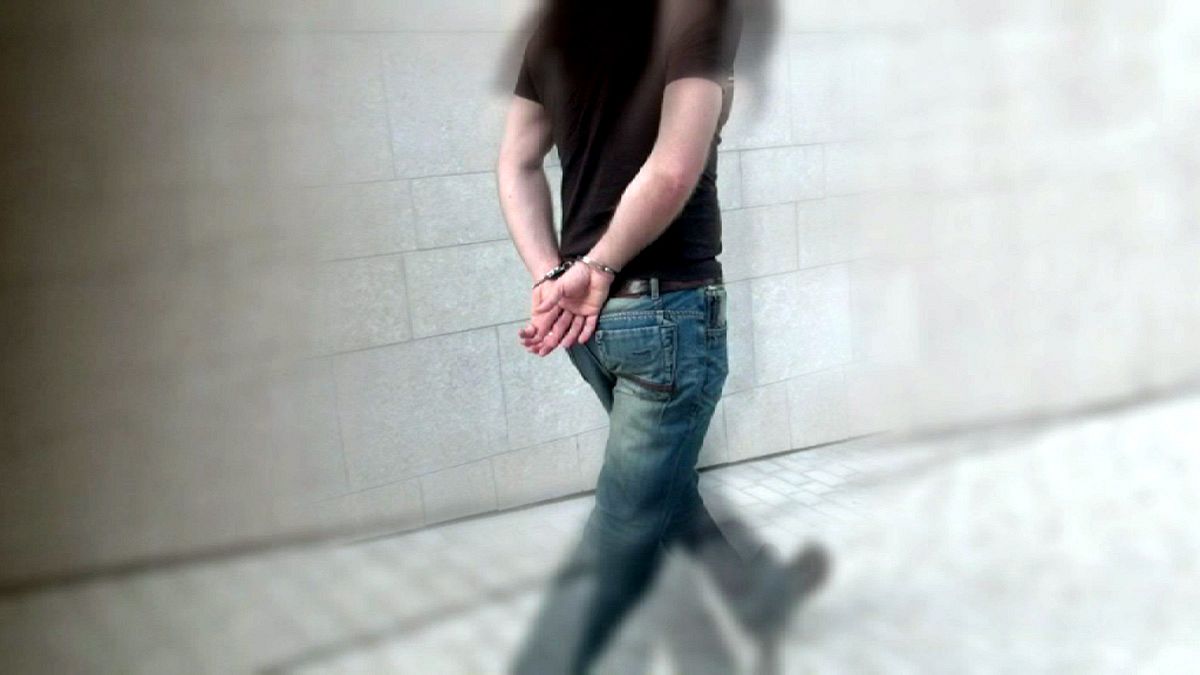The reaction of some people when they hear that the European Commission is pushing for new EU-wide rules on suspects’ rights goes something like this: but I thought they already had their basic rights, set out in key human rights charters in Europe?
Well, that’s true – on paper. But supporters of the reforms say it’s what happens in reality that really matters. Take a look at Article 6 of the European Convention on Human Rights, which came into force in 1953. The 47 member states of the Council of Europe are signed up to the convention – and bound by it – and all 27 members of the EU are members of the council. (‘He’, ‘his’ and ‘him’ are used in the original text, but one hopes the intention was to protect both sexes!).
Article 6:
- In the determination of his civil rights and obligations or of any criminal charge against him, everyone is entitled to a fair and public hearing within a reasonable time by an independent and impartial tribunal established by law. Judgement shall be pronounced publicly, but the press and public may be excluded from all or part of the trial in the interest of morals, public order or national security in a democratic society, where the interests of juveniles or the protection of the private life of the parties so require, or the extent strictly necessary in the opinion of the court in special circumstances where publicity would prejudice the interests of justice.
- Everyone charged with a criminal offence shall be presumed innocent until proved guilty according to law.
- Everyone charged with a criminal offence has the following minimum rights:
(1) to be informed promptly, in a language which he understands and in detail, of the nature and cause of the accusation against him;
(2) to have adequate time and the facilities for the preparation of his defence;
(3) to defend himself in person or through legal assistance of his own choosing or, if he has not sufficient means to pay for legal assistance, to be given it free when the interests of justice so require;
(4) to examine or have examined witnesses against him and to obtain the attendance and examination of witnesses on his behalf under the same conditions as witnesses against him;
(5) to have the free assistance of an interpreter if he cannot understand or speak the language used in court.
So yes, in the countries signed up to this convention, suspects already have minimum rights, and it’s possible to take legal action if any part of the above points are not respected. Also, the right to a fair trial and defence are set out in Articles 47 and 48 of the EU Charter of Fundamental Rights.
The reality, though, is that not all EU countries have the same procedural practices or standards and it’s often ‘hit-and-miss’ when it comes to what rights a suspect is afforded in custody; there’s no surprise that the list of controversies linked to the rights to a fair trial has been growing. Campaigners have long argued that the basic rights for suspects, as specified in the different European charters, need to be integrated into the national laws of each EU state. In 2009 a Procedural Rights Roadmap was adopted by the Justice Council, which proposed five legislative measures. The idea was to try to introduce them on a ‘step-by-step’ basis (see the main article on this page for the main points of the roadmap).
It’s worth pointing out that the European Commission first proposed new regulations on five basic fair trial rights in 2004 but half a dozen EU countries did not support them. Nonetheless, officials pushed forward, saying the subject is still a top priority. The Commission says many EU members, the European Parliament, as well as practitioners and other experts, strongly support the moves.
‘The case law of the European Court of Human Rights shows that violations of defence rights, as set out in Articles 5 and 6 of the European Convenion on Human Rights, do occur,’ said the Commission in a recent media release. ‘At the moment, the chances that citizens will be properly informed of their rights if they are arrested and face criminal charges vary across the EU. In some Member States suspects only receive oral information about their procedural rights and in others the written information is not given unless requested.’
Defence lawyers and NGOs across Europe have voiced the same concern, but there are some politicians and groups who argue that more rules and regulations are not needed. They insist that the human rights charters are enough and extra layers of rules, as laid out in the roadmap, are not necessary. Some also say some of the proposed procedures will be too costly and time-consuming, putting extra pressure on police and prosecutors who are already under-resourced.
The European Commission says the Treaty on the Functioning of the European Union gives the EU the power to ‘adopt measures that strengthen the rights of EU citizens, based on the EU Charter of Fundamental Rights’. But while new rules on the right to translations/interpretations have already been passed, and EU police and prosecutors are now required to give suspects written information about their rights when arrested, debate rages about the proposals still under consideration or being formulated, especially regarding access to a lawyer.
By Seamus Kearney.
